Culture & Skills
SOFT SKILLS & SKILLS ECONOMY, INTERGENERATIONAL & GEN Z, NEW WORKING MODES
TOWARDS A SKILLS ECONOMY
Developing throughout life
The modern economy is heavily influenced by the development and acquisition of new skills, particularly soft skills, and it’s becoming essential for today’s organizations to value, cultivate, and use them as performance levers.
Tomorrow Theory spearheads this exploration of the new spheres of human wealth, and helps you decipher the Gen Z mindset and the codes of the new economy. The work of the future will not only be characterized by the application of new technologies, but also by the adoption of new working methods that will make room for intergenerational, collaborative and autonomous working.
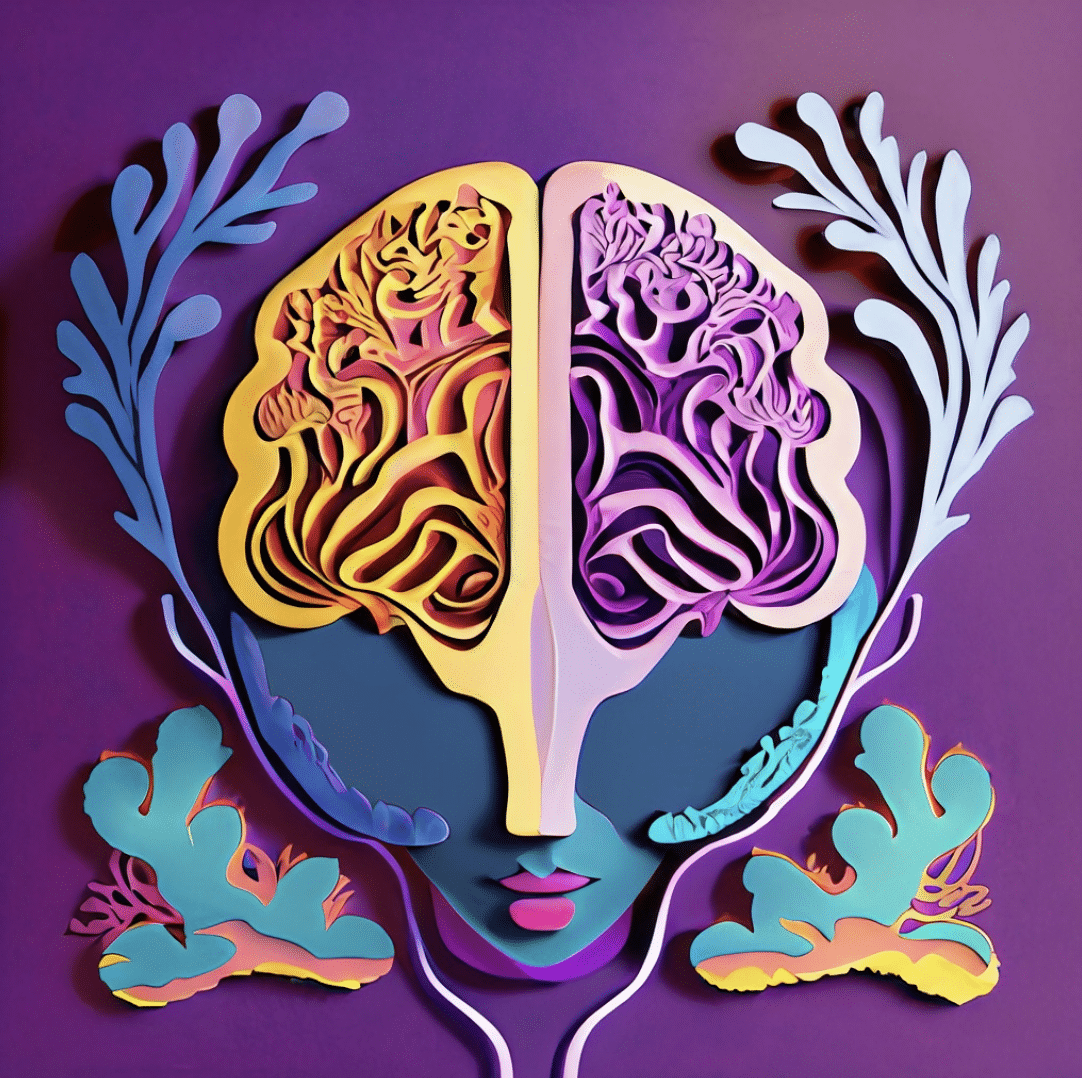
Soft skills & skills economy

The trend
The industrial era, marked by a constant need for technical performance enhancement, has given way to an economy where knowledge is no longer the only essential resource, it’s the era of skills. Soft skills, these essential non-technical skills, rhyme with creativity, adaptability, resilience, emotional intelligence, the ability to collaborate in a team. They are the real tools of the human being in his quest for fulfillment and efficiency. This 21st century reality deeply changes the uses and ways of learning, thinking and interacting.
HR challenges
Soft skills have become the new currency of the skill economy. The ability to identify, develop and organize the management of these skills plays a decisive role in individual and collective performance, in corporate culture, in well-being at work and ultimately in the survival of organizations. At Tomorrow Theory, we rethink HR strategies by integrating these issues, to help organizations navigate towards a future enriched by soft skills, more human and more resilient.
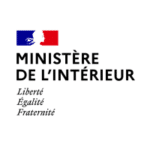

Soft skills are socio-cognitive abilities, which allow to think and interact appropriately in new situations. They are made up of many cognitive, emotional, conative and sensorimotor factors, which makes them complex objects to identify and develop. The science of soft skills is still in its infancy, and too often marked by beliefs and preconceived ideas. The topic of soft skills is the founders of Tomorrow Theory’s first specialty, internationally recognized experts on the subject.
YES. The ability to simultaneously link people to positions, expertise or other abilities is a pillar of modern talent management. By making this intelligence accessible to all employees, the company can offer a modern talent marketplace experience that promotes mobility, loyalty and engagement. By projecting this approach with future needs, organizations can develop strategic workforce planning capabilities, key to the future competitiveness of organizations.
Human resources management in France has taken a considerable lag over the past fifteen years, compared to practices in the United States in particular. Many concepts and tools have been imported to catch up, culturally and lexically impregnated. The adoption generally being made by large French companies, very internationalized, the Anglo-Saxon vocabulary has remained. French experts and practitioners still have a long way to go to fully adapt these concepts.
Intergenerational & Gen Z
The trend
In a world where diversity is increasingly seen as a precious societal, economic, and professional asset, intergenerational management and Gen Z are claiming their place in the spotlight. Gen Z, this cohort of individuals born from 1999 onwards, is making its voice heard in our societies and brings with it a new dynamic of social interactions, particularly in the professional environment. Pragmatic, independent, and with a strong need for belonging, the Zs introduce a more collaborative, respectful approach to the individual and the planet in the workplace. Moreover, with five generations cohabitating in the same workplace, intergenerational management is shaping up to be a key issue in the coming years, at the heart of societal parameters’ evolution.
HR challenges
With the emergence of Gen Z and the coexistence of diverse generations within organizations, the HR challenge is increasingly amplifying. The wave of values, expectations and working methods brought by Gen Z requires unprecedented flexibility from HR. They must learn to understand, value, and synergize the varied skills and talents of different generations to boost company performance. The harmonious integration of Gen Z and the strengthening of intergenerational relationships can be seen as a powerful lever for innovation, cohesion, and employee engagement. In this context, HR is called upon to adjust its vision of performance, and to reconsider the fulfillment and development of talents in light of intergenerational diversity.
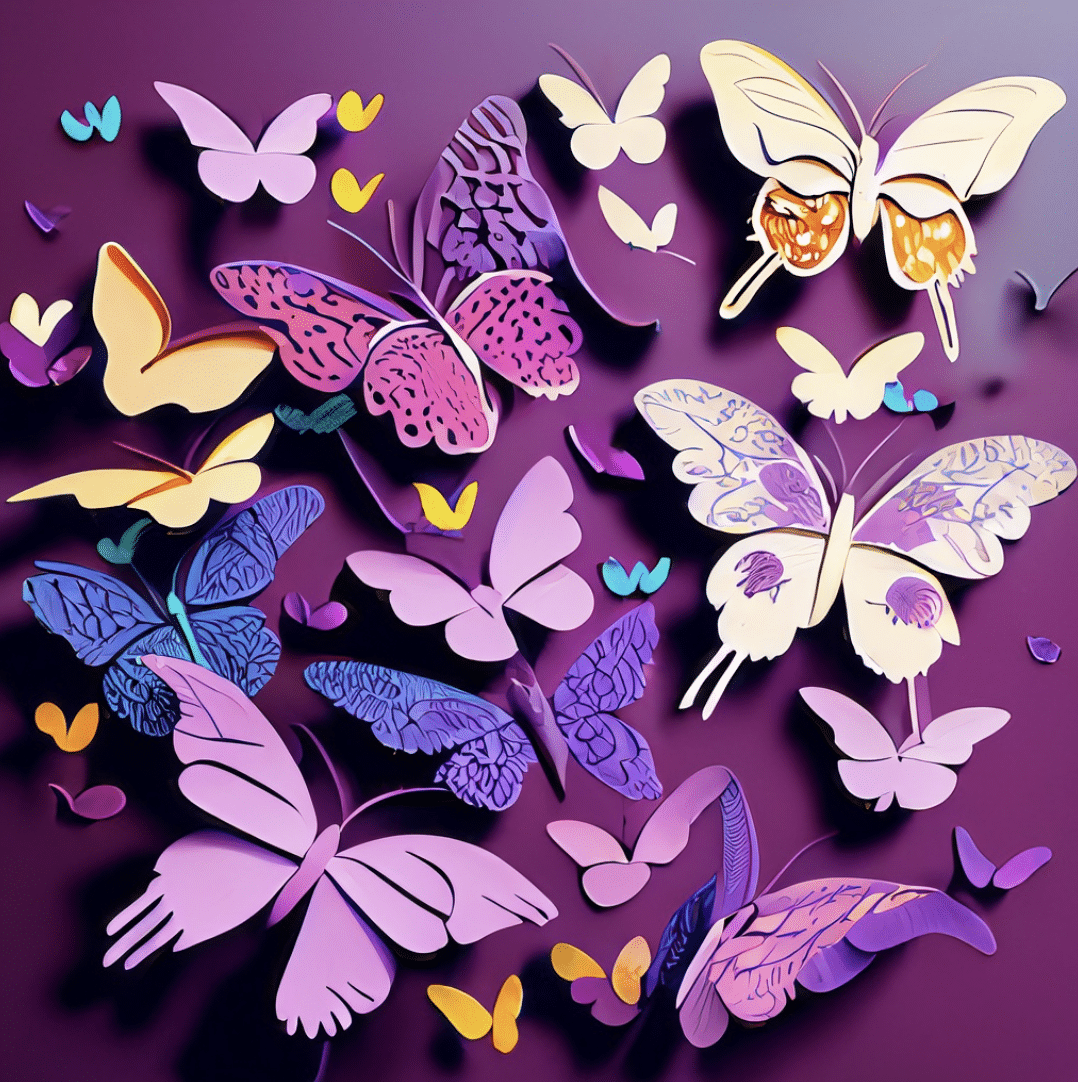
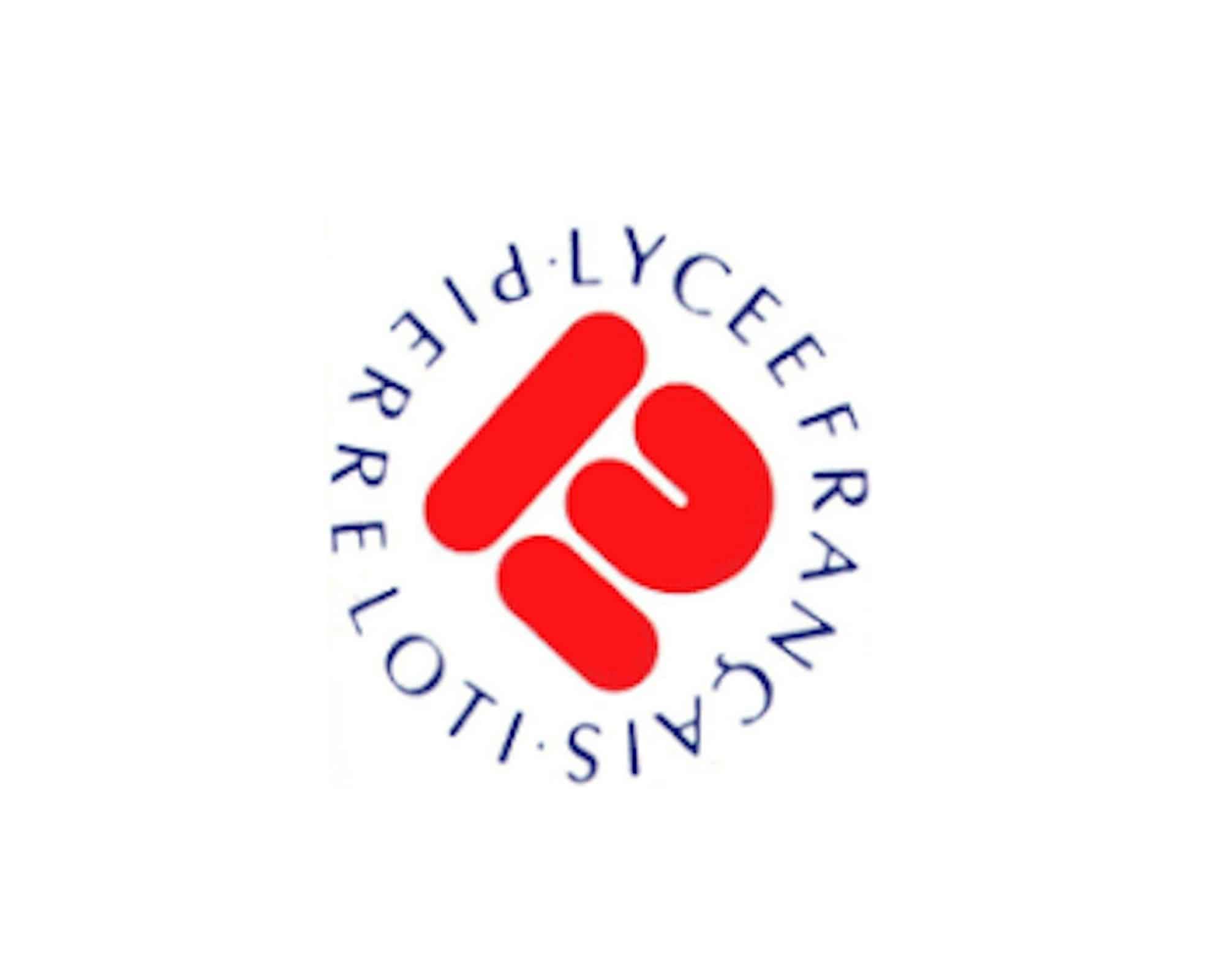
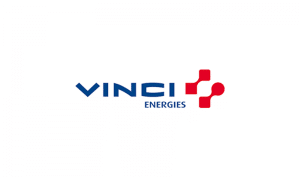
Generation Z is a demographic group succeeding Generation Y (or Millennials). Although there is no consensus on the exact dates, most researchers consider that Generation Z includes individuals born from 1997 to 2012.
This generation is defined by a series of unique characteristics. First, they grew up in a world marked by the omnipresence of technology and digital media. Generation Z is also marked by a specific socio-political context, with events such as the 9/11 attacks, the 2008 financial crisis or global warming that marked their young years and showed the limits of the current system.
Finally, this generation is particularly diversified culturally and ethnically, and is more tolerant of differences than before, highly valuing individuality and self-expression.
NO. Adaptability is primarily characterized by the ability to act appropriately in response to new situations. Among Gen Z, we find tech-savvy and non-tech-savvy people, extroverts and introverts, etc. The concept of Gen Z can help to understand a fundamental trend in society, but cannot apply as such to a particular individual, each person having their own socio-cultural and cognitive characteristics.
Deciphering and understanding each other’s cultural and generational codes is essential to avoid misunderstandings and put each other’s motivations into perspective. Also, establishing an atmosphere of respect is inevitably part of the process. Working methods must reflect the diversity of needs and working styles. Finally, many approaches can encourage intergenerational sharing and cooperation.
Intergenerational management is above all a question of listening, empathy, and open-mindedness. The biggest challenge may be to see beyond generational labels and consider each employee as unique, while managing to create bridges of communication and cooperation between everyone.
Hybrid work, remote work
& new ways of working
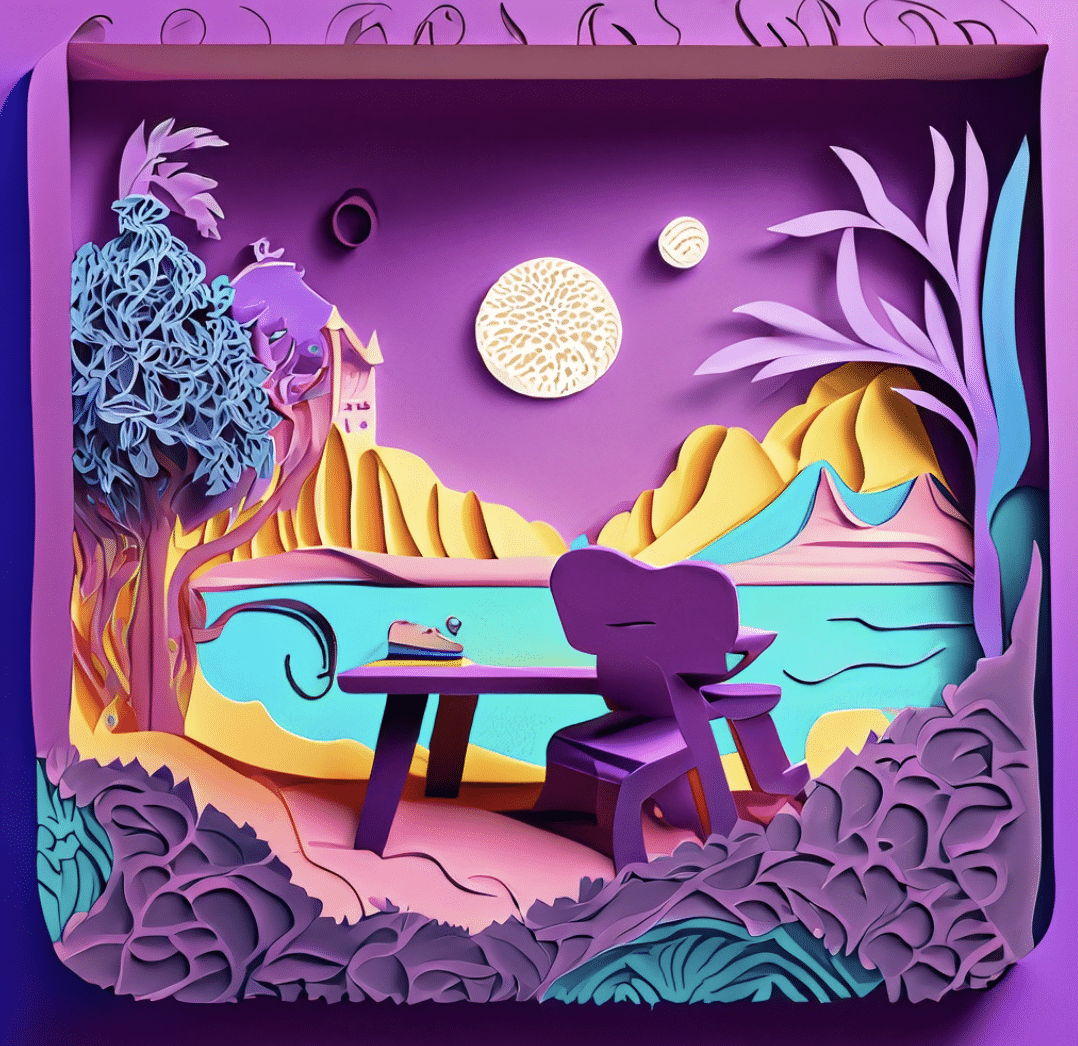
The trend
In our post-pandemic era, a new work order is emerging, shaped by major societal changes and the advent of digital technology. This trend is embodied by the mutation of traditional work towards hybrid forms. Hybrid work, the pathfinder of new ways of working, is a pragmatic response to the reality of flexible and distance work. It testifies to the inevitable interconnection between our personal and professional spheres and expresses the desire for a dynamic balance between these two worlds. This atypical context reinforces the need to adopt a holistic vision of work that puts the human being at the heart of the processes, thus juggling between individual needs, organizational constraints, and environmental challenges.
HR challenges
With the gradual introduction of these new ways of working, HR and organizations are faced with potentially vast gaps between the promises of hybrid work and the realities experienced. They are called upon to rethink their model, reinvent their rituals, and readjust their culture. The issues are multiple: the redesign of the workspace to promote creativity and collaboration, the maintenance of a strong and inclusive corporate culture at a distance, the anticipation and management of associated risks such as isolation or workload, and finally, the maintenance and development of skills, otherwise known as “soft skills”. All this with a view to sustainable performance, loyalty, and attention to the well-being of employees.
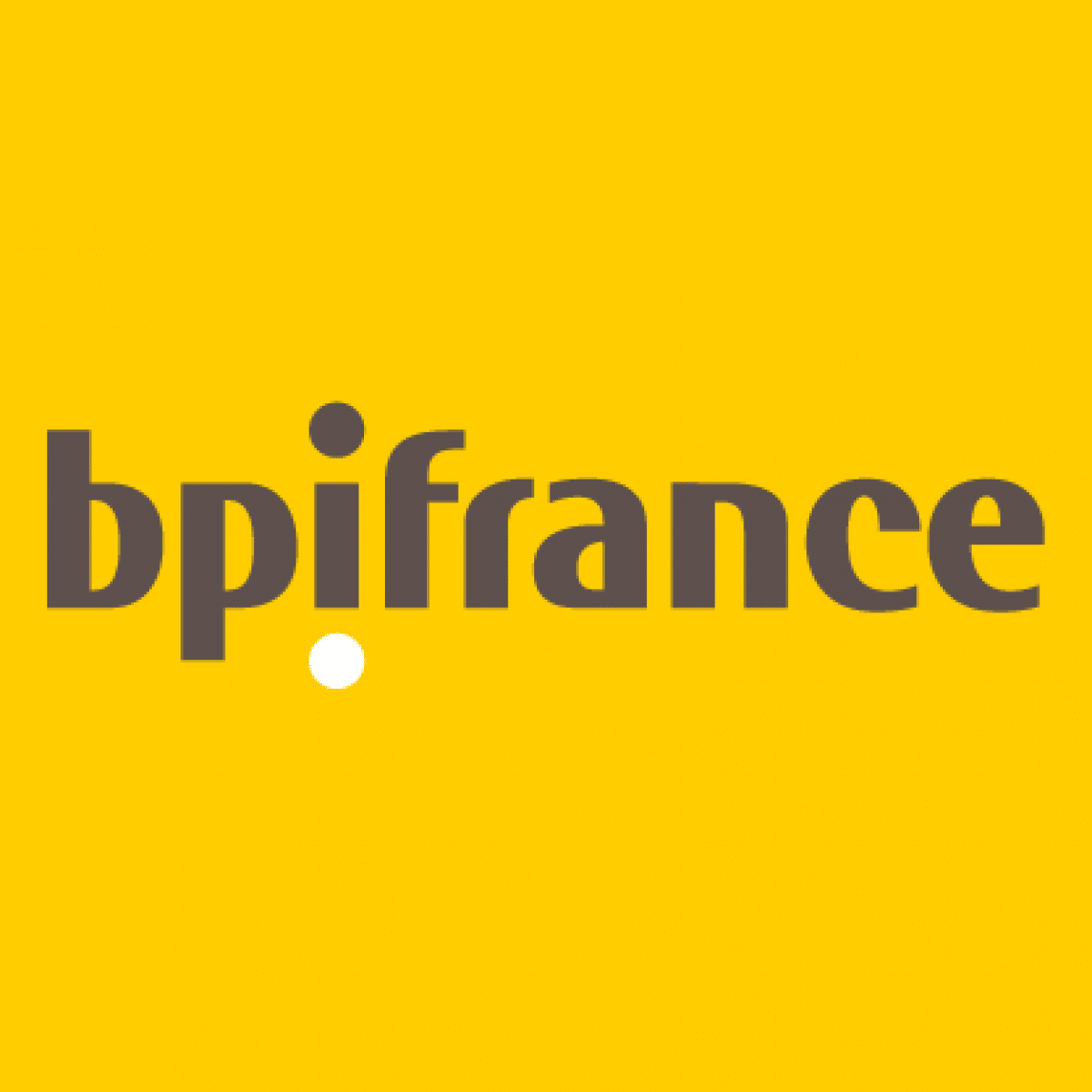
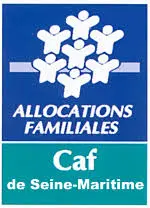
NO, it is not necessary to adopt a full remote work organization (full telework). The ideal often lies in a compromise, hybrid work, which allows both to benefit from proximity and direct exchange in person, while offering the freedom and flexibility of telework. The optimal arrangement depends on the culture of the organization, the needs of the employees, and business imperatives.
Maintaining culture and team spirit in hybrid work can be achieved by setting up synchronized convergence moments (online events, team meetings, etc.) as well as by valuing common rituals and sharing successes while ensuring constant and transparent communication.
To prevent employee isolation, establishing a virtual space for socialization and exchange (virtual coffee, internal platforms), as well as moments of informal discussion and mutual support are appropriate means.
Skills development in a remote work context may require innovative approaches, such as setting up personalized online training courses, using interactive technologies for collaboration and training, and adopting remote mentoring.
Discover all our expertise
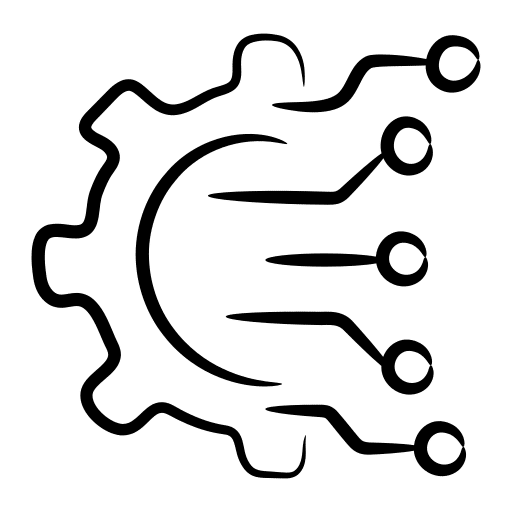
HR Tech & Data
Data, Blockchain, Artificial Intelligence (AI), Virtual Reality (VR), Metaverse and Web 3.0.
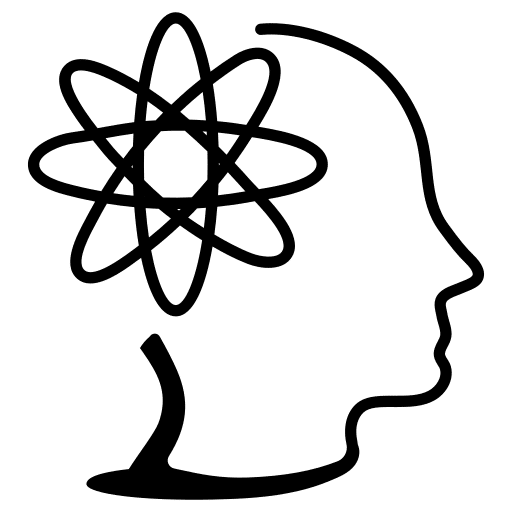
Culture & Skills
Soft Skills and Skills Economy, Mental Health, Freelancing, Intergenerational.
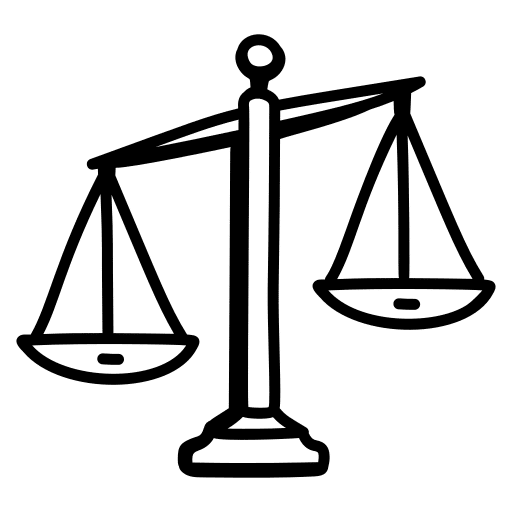
Ethics & CSR
AI Ethics, Ecological Transition, Diversity & Inclusion.
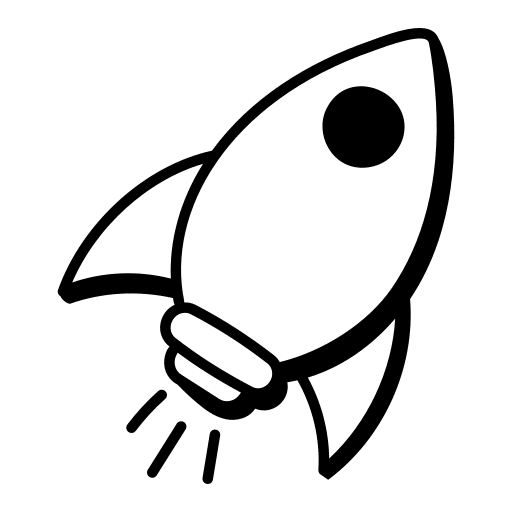
Towards 2040
Future of Work and HR, Technological Convergence, Future of Civilization.

